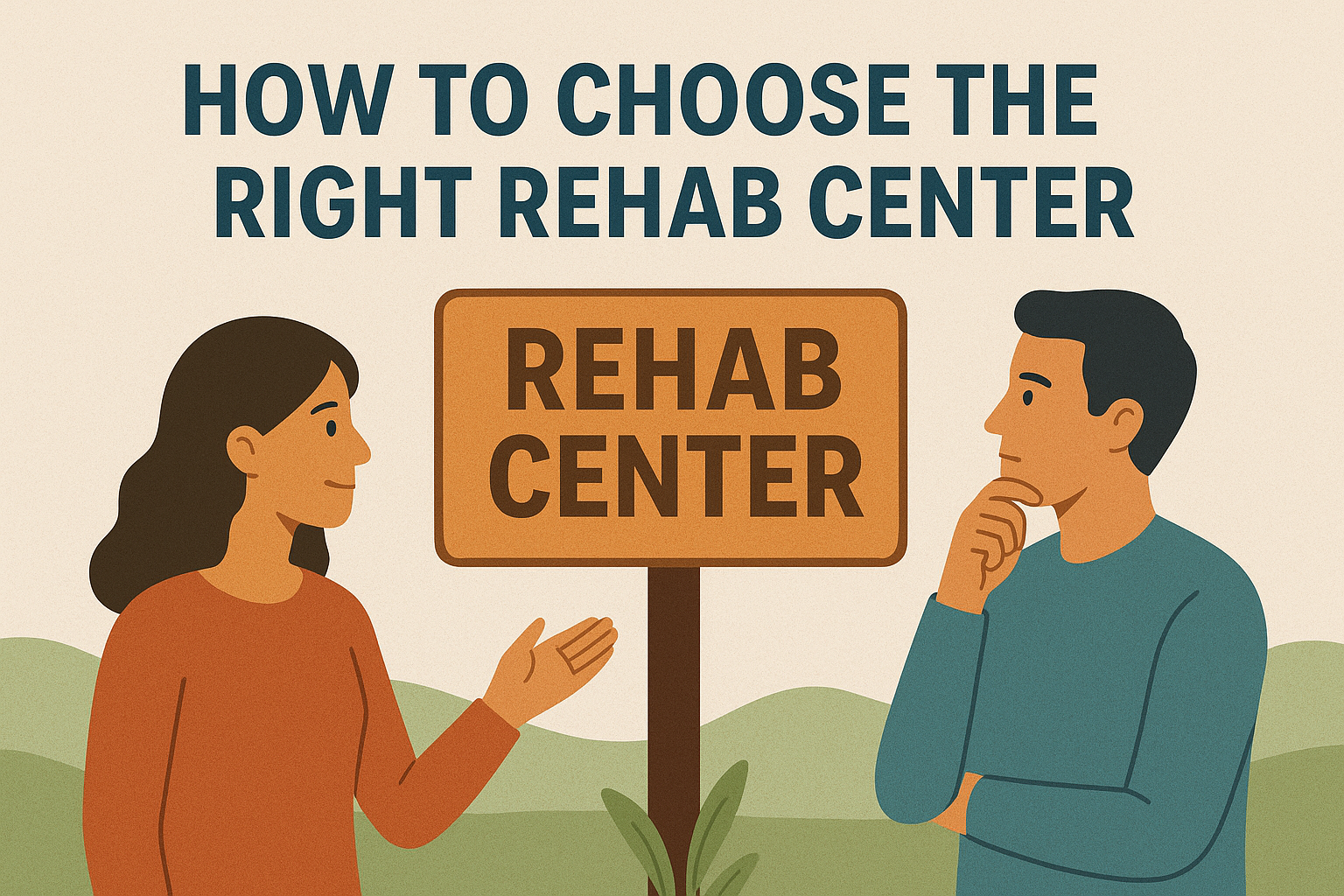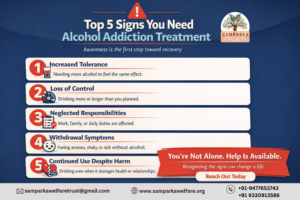Rock bottom hits harder than expected. Choices become blurry. Time feels like it’s running out. Every rehab center starts to look the same. Promises sound loud, but hope feels faint. The family cries. Friends pull away. Even Google becomes overwhelming. Not all rehab centers are equal. Some heal, others fail.
Making the right choice could save a life—or break it. This guide cuts through the noise. It’s fast, practical, and human. Choosing the right rehab center? You’re about to get clarity.
Understand Your Needs
No two addictions are alike, and neither are rehab center solutions. Start with identifying the addiction type—alcohol, opioids, prescription drugs, or a dual diagnosis involving mental health issues. The right rehab center tailors treatment to your specific substance and situation.
Next, assess the level of care needed. Inpatient rehab provides 24/7 support for severe addiction. Outpatient rehab is suitable for milder cases or those transitioning from inpatient programs. Detox programs help safely manage withdrawal, while aftercare supports long-term recovery and relapse prevention.
Decide between medical or non-medical support. Medical support includes medications, doctors, and supervised care, essential for complex addictions. Non-medical rehab centers focus on therapy, counseling, and peer groups.
Matching your needs with the rehab center’s offerings is vital for successful recovery. Skipping this step leads to mismatched expectations and poor outcomes. The right rehab center meets you where you are—and lifts you higher.
Key Factors to Consider
a. Accreditation and Licensing
Always verify with reputable organizations. Accreditation confirms the center meets national standards for care and safety. Visit their websites or call to verify. Unlicensed facilities can be risky and ineffective.
b. Treatment Approaches and Therapies
Look for evidence-based treatments such as Cognitive Behavioral Therapy (CBT), Medication-Assisted Treatment (MAT), or group therapy. A good rehab center offers a range of proven methods. Do you prefer holistic options like yoga or art therapy? Many rehab centers also include these as complementary treatments.
c. Staff Qualifications
The staff at a rehab center should include licensed therapists, medical professionals, and certified counselors. Ask about credentials and training. A low staff-to-patient ratio means more personalized care, so don’t overlook that. It reflects how much time they’ll spend guiding your recovery.
d. Location and Environment
Location matters more than you think. Being close to home can keep family involved. Going far away may offer a fresh start. Decide if you prefer a serene rural setting or a structured urban center. Some rehab centers offer private rooms, nature trails, or gyms—comfort counts in recovery.
e. Cost and Insurance
Confirm what your insurance covers before committing. Ask the rehab center about payment plans or scholarships. Understand what’s included in the price: detox, therapy, medication, and aftercare. Don’t hesitate to get a breakdown in writing. Financial stress shouldn’t add to the healing journey.
Questions to Ask When Researching Centers
Not all rehab centers are forthcoming. Ask about their relapse policy—what happens if someone slips? Find out how success is measured: Is it sobriety at discharge or long-term follow-up?
Request a sample daily schedule to see what life looks like inside the program. Ask if and how family members are involved. Family therapy can be crucial in the healing process.
The more you ask, the more confident you’ll feel choosing a rehab center that truly aligns.
Red Flags to Watch Out For
If a rehab center avoids your questions or won’t show credentials, consider it a warning sign. One-size-fits-all programs rarely work; individualized treatment plans are key to successful recovery.
Beware of guarantees of success. Recovery isn’t linear, and no ethical center makes false promises.
Pushy sales tactics, hidden fees, or a lack of aftercare options are major concerns. Choosing the right rehab center means avoiding ones that sound too good to be true.
Where to Start Your Search
Begin with professionals—talk to your doctor or a licensed mental health provider for referrals. Use verified directories for a reliable list of rehab centers.
Dig into reviews, but filter out the noise. Verified testimonials carry more weight than paid ads. Don’t rely on a single source. Cross-reference and make calls. Choosing the right rehab center takes research, but your future deserves that effort.
Final Thoughts
Taking the first step toward recovery is a bold, courageous move. With the right rehab center, healing becomes more than a hope—it becomes a plan. Use this guide, ask the right questions, and trust your instincts.







